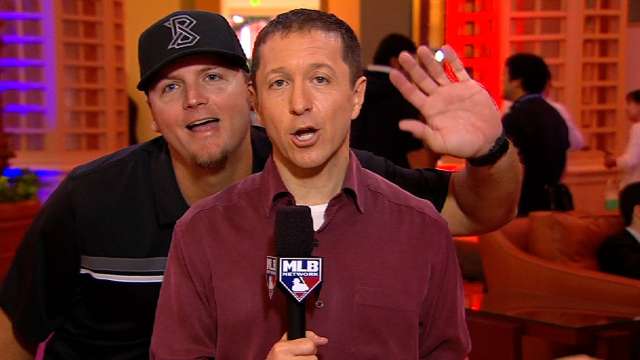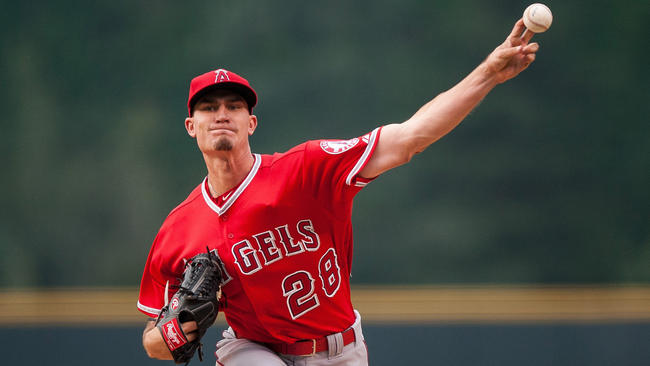Sometimes simpler communications delivery systems can make for more complicated lives for the humans utilizing them. Case in point: baseball reportage. Just a few decades ago, during the Print Era, the information arrived at a glacial pace and was often outdated by the time you read it (e.g., Street & Smith’s annual baseball preview issue). The articles were longer and more contextualized, though it wasn’t perfect since narratives often disagreed with hidden data that had yet to revolutionize the sport. But the job seemed doable, if not easy.
Now Twitter and other channels of instant gratification rule the day, and those working in the industry need to become 24/7 insta-journalists, nearly as robotized and indefatigable as the software they work with. There are tremendous rewards for those who can keep up with the inhuman pace, but there are costs as well. It’s a harbinger, too, of the way many other sectors are developing. You don’t want to sink, but when you can never stop swimming your arms do get awfully tired.
In an insightful behind-the-scenes look at MLB’s recent Winter Meetings, Andy Martino of the New York Daily News writes of Fox Sports’ Ken Rosenthal, a Twitter monster who’s the reigning champ of baseball scoops, describing him as “usually winning but always anxious, forever pursuing the next victory.” For many, that’s the new normal.
An excerpt:
As much as any individual, Rosenthal, 53, is the exemplar of the methods and manners in which sports information is now disseminated — though he never expected to be anything of the sort. When he started covering the Orioles for the Baltimore Evening Sun in 1987, Rosenthal imagined a future at Sports Illustrated. He followed a trajectory familiar to talented sportswriters: He started out as a beat writer, became a columnist and got hired by a magazine, in his case the Sporting News. As the number of sports-focused TV outlets grew, he began making appearances. Early in the new century, Rosenthal realized that he had the contacts to begin breaking stories, and he decided to go for it. The news cycle was bending to new technology, and Rosenthal was connected enough to ride the wave. Now, he works on an endless hamster wheel for his 729,000 Twitter followers and millions of viewers, usually winning but always anxious, forever pursuing the next victory.
It is impossible to overstate the impact of Twitter on the baseball business, and not only for the fans and media. Just as execs work the reporters in the lobby, they sit in their Winter Meetings suites, monitoring Twitter. The Mets task a valued team official, Adam Fisher, the director of baseball operations, with watching social media, and relaying the news. Fisher, like Paul DePodesta, is a Harvard graduate with a dual background in scouting and analytics. He has vital responsibilities in both areas for the Mets. But social media is important, and part of Fisher’s job is to stay on top of it.
The first Twitterized Winter Meetings were in 2009, in Indianapolis. During the previous baseball season, beat reporters all over the country were experimenting with the medium, not realizing just how perfectly it would suit the winter months. Like many of us, Rosenthal resisted, preferring to publish full stories and columns on the Fox Sports website. But the creators of MLB Trade Rumors, a wildly successful site that aggregates baseball reporting, told him that he had to tweet to be credited.
“Basically, Trade Rumors said to me, ‘We can’t follow everybody on their website,’ ” Rosenthal says. “(Twitter) is how we follow people. If you want credit for your stories, this is how you’re going to have to do it. I was like, ‘Who are these guys to dictate to me?’ But they were right. I couldn’t argue it.”
The change brought consequences — and not all of them positive.•


